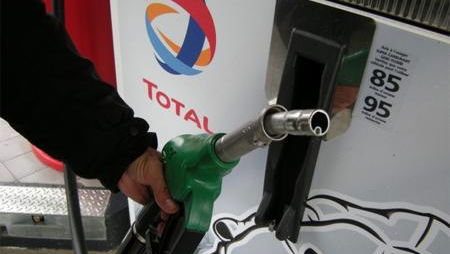UK Government consulting on introduction of E10 fuel
The UK is consulting on whether E10 fuel should be introduced at the pumps, leaving E5 as the higher octane choice for motorists

THE UK government could implement E10 fuel as soon as next year if the consultation is successful.
The new fuel is proposed to be a lower carbon mixture, made up of 10% ethanol compared to the 5% ethanol blend we can currently use.
The government hopes that by implementing the new lower-carbon fuels, CO2 can be cut form transport by 750,000 tonnes a year. A move that they claim would be equivalent to taking 350,000 cars off the roads.
Transport Secretary, Grant Schapps, said:
“The next 15 years will be absolutely crucial for slashing emissions from our roads, as we all start to feel the benefits of the transition to a zero-emission future.”
But before electric cars become the norm, we want to take advantage of reduced CO2 emissions today. This small switch to petrol containing bioethanol at 10% will help drivers across the country reduce the environmental impact of every journey. Overall this could equate to about 350,000 cars being taken off our roads entirely.”
The switch to the lower carbon mix may seem like good news for the environment but possibly not so good for drivers and riders of older classic vehicles. For the most part, smaller capacity engines like those found in motorcycles prefer pure petrol, with no ethanol additives.
The use of ethanol in fuel has been attributed to reduced mileage, leaner running engines and the stripping of fuel tank liners from older bikes.
Ethanol is also known to soak up moisture from the air, reaching a point that it will separate in the fuel causing water contamination and potentially damage to the internal parts of the fuel system.
Today’s announcement is the latest in a series of measures to support the decarbonisation of transport including funding for pioneering low carbon fuels, which are expected to save nearly 85 million tonnes of CO2 between 2018 and 2032. Sadly the decarbonisation of UK transport doesn’t involve initiatives to help get motorists out of their cars and onto two-wheels – a move that we feel would help the environment in many more ways.








